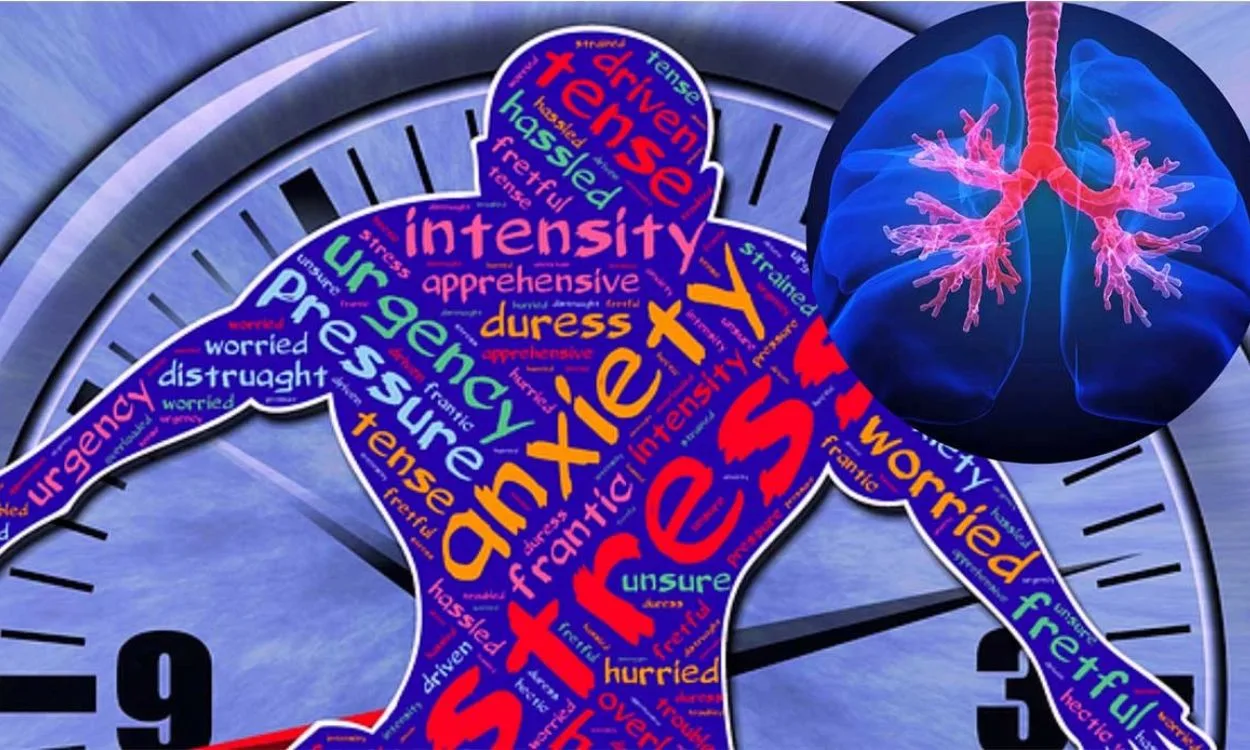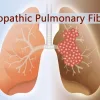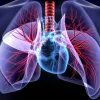Can Stress and Anxiety Impact Lung Health?
Stress and anxiety have become prevalent in today’s fast-paced and demanding world. These mental health conditions not only affect our overall well-being but can also have a significant impact on our physical health, including the health of our lungs. In this article, we will explore the connection between stress, anxiety, and lung health, and how managing these conditions can contribute to better respiratory function.
Understanding the Stress Response
When we experience stress, whether it be from work, relationships, or other factors, our body goes into a “fight or flight” mode. This response triggers the release of stress hormones such as cortisol and adrenaline, which prepare our body to deal with the perceived threat. In the short term, this response can be beneficial, but chronic or prolonged stress can have detrimental effects on various body systems, including the respiratory system.
Impact of Stress on Lung Function
- Inflammation: Stress can trigger inflammation in the body, including the lungs. Inflammation is the body’s natural response to injury or infection, but when it becomes chronic, it can lead to lung diseases such as asthma and chronic obstructive pulmonary disease (COPD).
- Immune System Suppression: Prolonged stress weakens the immune system, making us more susceptible to respiratory infections. This can increase the risk of developing pneumonia, bronchitis, and other respiratory illnesses.
- Breathing Patterns: During periods of stress and anxiety, our breathing patterns may become shallow and rapid. This can lead to inadequate oxygenation of the blood and decreased lung capacity over time.
- Muscle Tension: Stress often causes muscle tension, including the muscles involved in breathing. Tightness in the chest and diaphragm can restrict lung expansion and make it harder to breathe deeply.
The Relationship Between Anxiety and Lung Health
Anxiety, like stress, can have a profound impact on lung function. People with anxiety disorders often experience symptoms such as shortness of breath, rapid breathing, and hyperventilation. These symptoms can mimic respiratory conditions, leading to unnecessary worry and further exacerbating anxiety.
- Panic Attacks: Anxiety disorders can sometimes trigger panic attacks, characterized by sudden and intense feelings of fear or impending doom. During a panic attack, individuals may experience chest tightness, shortness of breath, and a sensation of suffocation. These symptoms can be mistaken for a respiratory emergency, further increasing anxiety levels.
- Hyperventilation Syndrome: Anxiety can cause hyperventilation syndrome, where individuals breathe too quickly and shallowly. This can disrupt the balance of oxygen and carbon dioxide in the body, leading to symptoms such as dizziness, lightheadedness, and tingling sensations. Chronic hyperventilation can affect lung health and contribute to respiratory distress.
- Avoidance Behaviors: People with anxiety may develop avoidance behaviors, such as avoiding situations that they perceive as threatening or anxiety-provoking. In the context of lung health, this can mean avoiding physical activity or environments that may require exertion. Lack of exercise and exposure to fresh air can lead to a decline in lung function over time.
Managing Stress, Anxiety, and Promoting Lung Health
It is essential to address and manage stress and anxiety to promote optimal lung health. Here are some strategies that can help:
- Deep Breathing Exercises: Practice deep breathing exercises to promote relaxation and improve lung capacity. Take slow, deep breaths in through your nose, hold for a few seconds, and exhale slowly through your mouth. This can help calm the mind and reduce anxiety.
- Regular Exercise: Engage in regular physical activity to improve lung function and reduce stress. Activities such as walking, jogging, swimming, and yoga can be beneficial for both mental and respiratory health.
- Stress Management Techniques: Explore stress management techniques such as meditation, mindfulness, and relaxation techniques. These practices can help reduce stress and anxiety levels, improving overall well-being.
- Healthy Lifestyle Choices: Adopt a healthy lifestyle that includes a balanced diet, adequate sleep, and avoiding smoking and exposure to environmental pollutants. These lifestyle choices can support lung health and reduce the risk of respiratory conditions.
Fitpaa: Your Companion for Holistic Well-being
If you’re looking for a comprehensive solution to manage stress, anxiety, and improve your lung health, Fitpaa can be your trusted companion. Fitpaa offers an end-to-end AI-driven Metabolism monitoring and management technology that can help you achieve your health and fitness goals with guaranteed results.
With Fitpaa, you’ll have access to:
- Metabolism Assessment: Identify the root cause of your health condition by assessing your current metabolism, which is crucial for achieving your health and fitness goals.
- Personalized Fitpaa Capsule: Based on your metabolism, health goals, lifestyle, and eating habits, Fitpaa prepares a personalized capsule that combines medical therapy, exercise therapy, nutrition therapy, and cognitive behavior therapy. This holistic approach optimizes your metabolism and helps you achieve your goals.
- Fitpaa Realtime Guidance: Fitpaa’s real-time guidance technology incorporates habit-building techniques and timely nudging to keep you motivated and on track. It releases the right doses of hormones that promote a positive state of mind and inspire you to take necessary actions.
- Fitpaa Mobile App: The Fitpaa mobile app provides all the necessary tools to follow your personalized capsule, including virtual workout trainers, diet trackers, performance tracking, and progress tracking. Your progress will be regularly reviewed by a team of experts to ensure you’re on the right track.
Fitpaa is committed to your well-being and offers a risk-free trial to experience the benefits firsthand. Download the Fitpaa app today and embark on a journey of holistic well-being.









